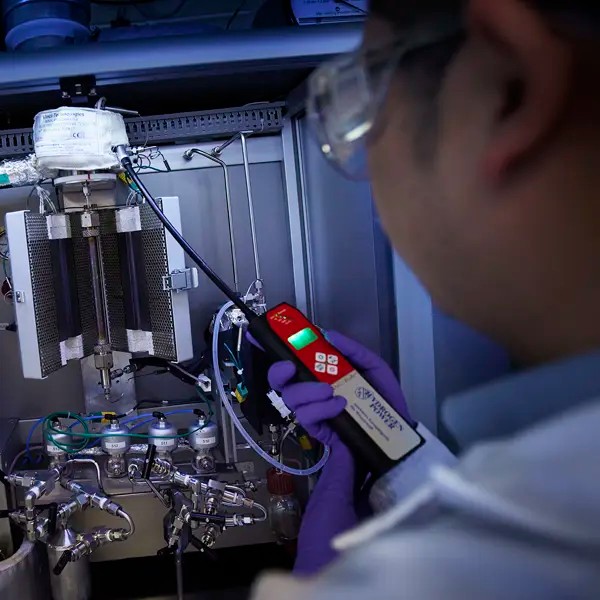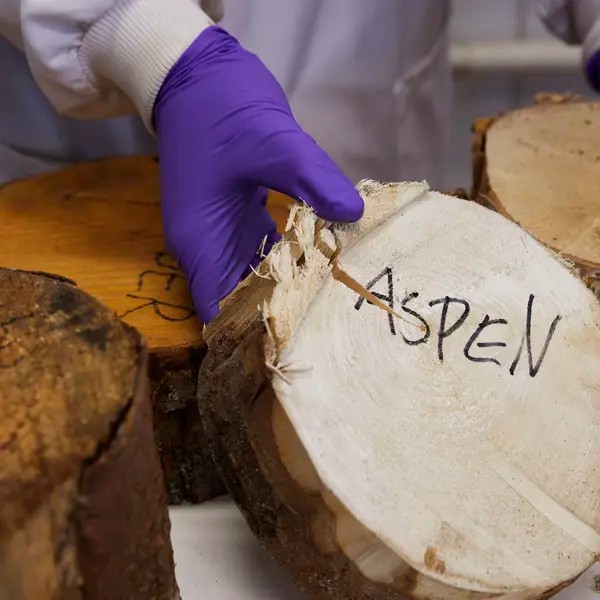




The Division of Chemical Engineering includes the following groups Chemical process and Reaction Engineering, Forest Products and Chemical Engineering.
We have a wide range of experience and work both experimentally and with modeling. We have a long tradition of working with both fundamental scientific questions and applied problems together with industry. We collaborate with for example the forest, pharmaceuticals, food science, chemistry and automotive industries and their equipment manufacturers. We also participate in many international networks with both companies and universities.
Our research areas
Example of research areas within the division:
- General multisectoral chemical engineering
- Transport phenomena
- Mixing in two and three phase systems
- Multi phase flows including chemical reactions
- Particulate and porous systems, e.g. drying, granulation and coating
- Chemical engineering processes and new products within forest industry
- Environmental systems analysis and ecodesign for chemical products and processes
- Catalysis for emission control
- Bio refinery concepts, including catalysts for alternative fuel production
- Bioprocess engineering
The division also has a very important teaching role, delivering courses at the bachelor’s, master’s and PhD levels.

Chemical Process and Reaction Engineering
In the modern chemical industry the aim is to achieve high-quality products and minimise unwanted by-products. Effective chemical engineering design can lead to improved product quality, reduced negative impact on our environment, taking better care of our resources, increased efficiency, and reduced costs for manufacturers.

Forest Products and Chemical Engineering
The division Forest Products and Chemical Engineering comprises three research groups which to a large extent work closely with each other: Forest Products Chemical Engineering, Sustainable Chemical Engineering and Chemical Environmental Science.
